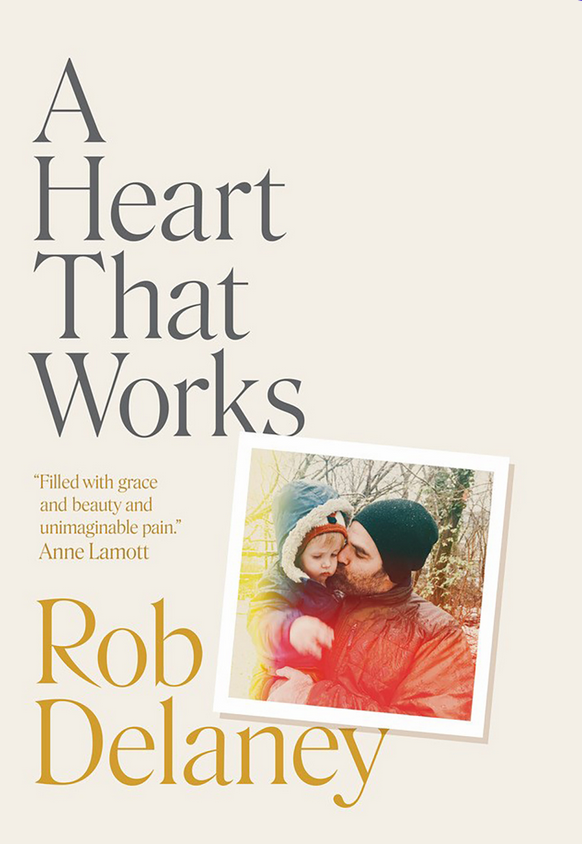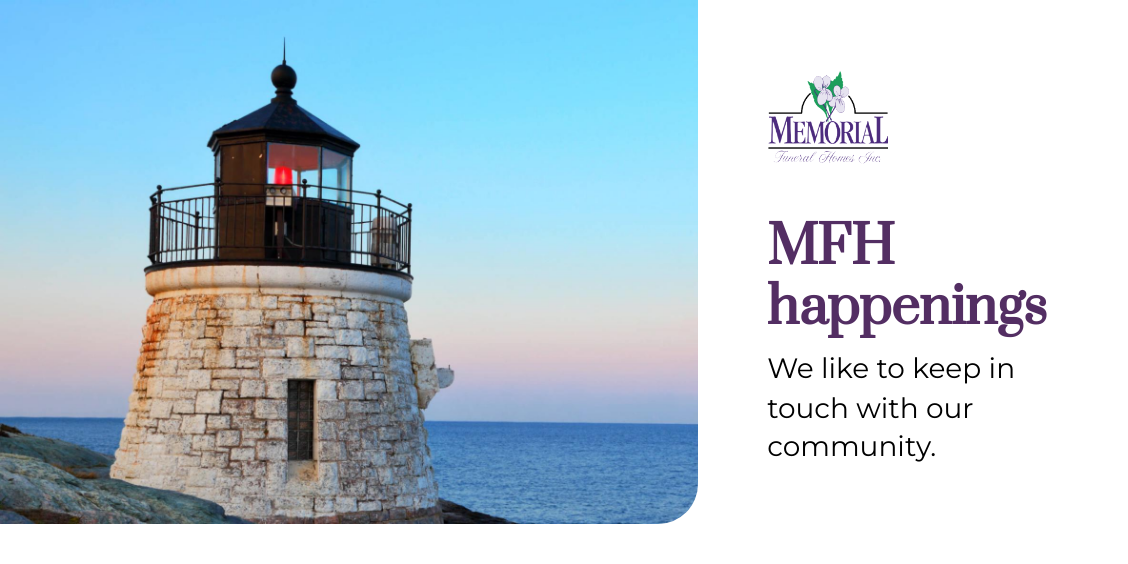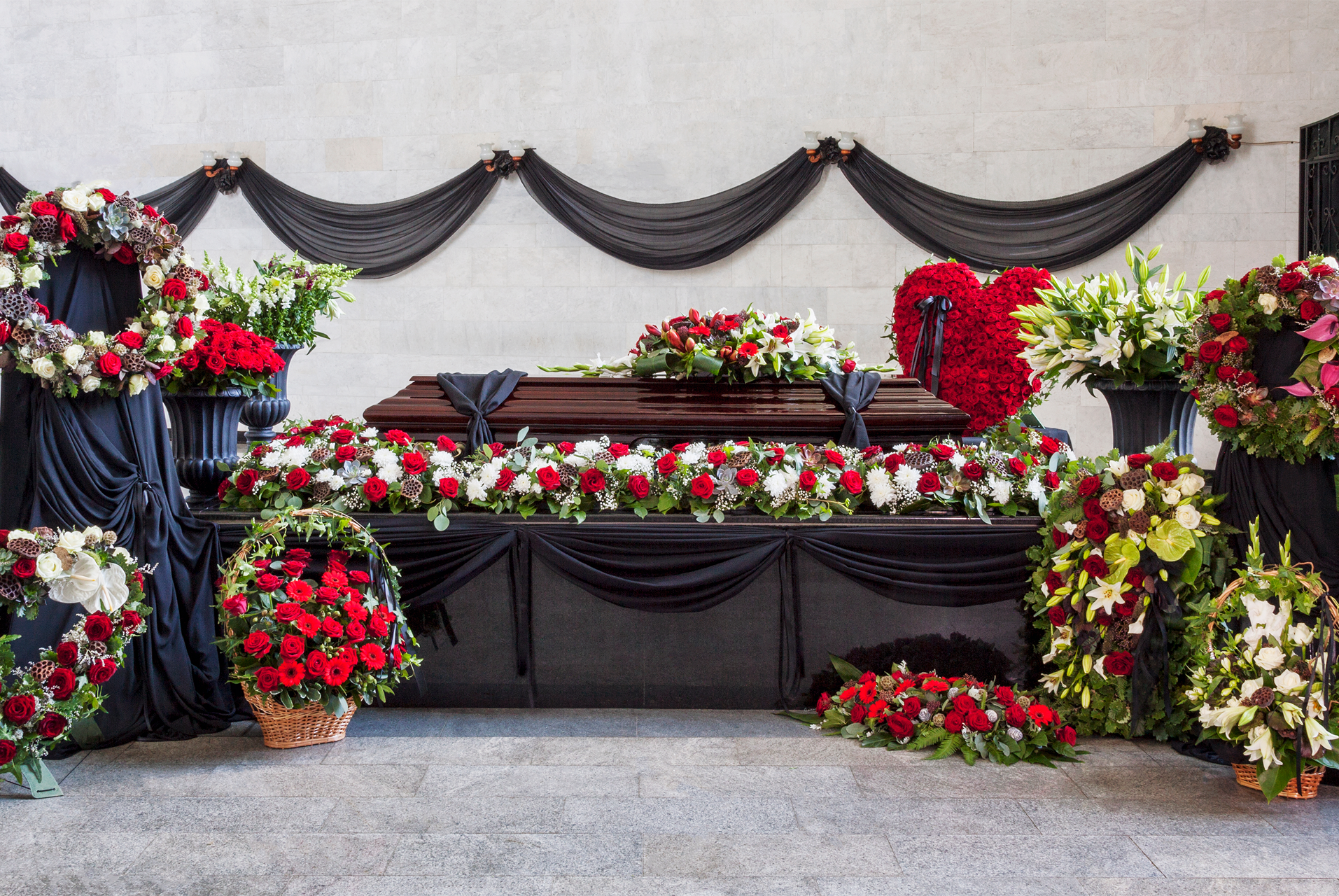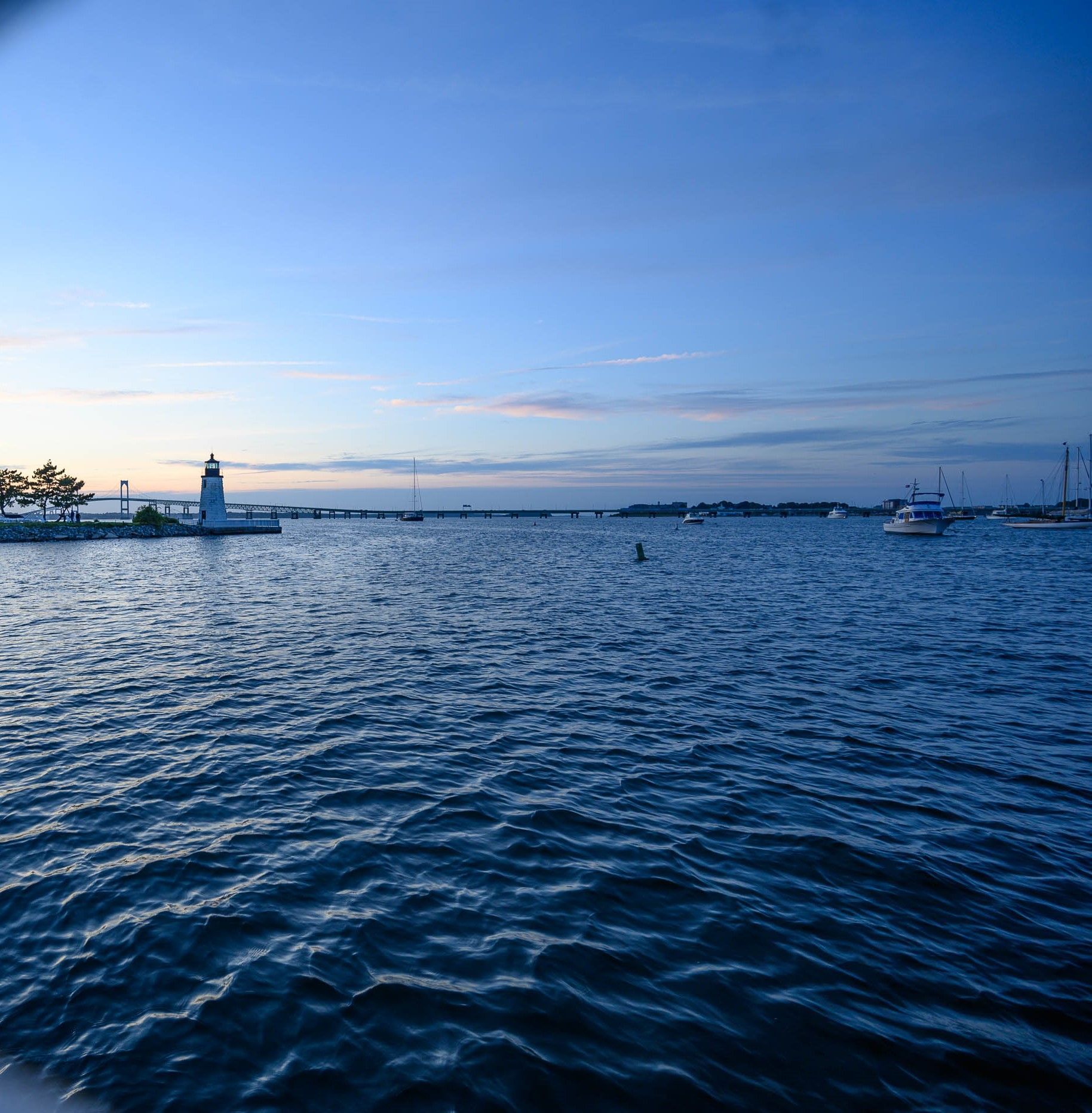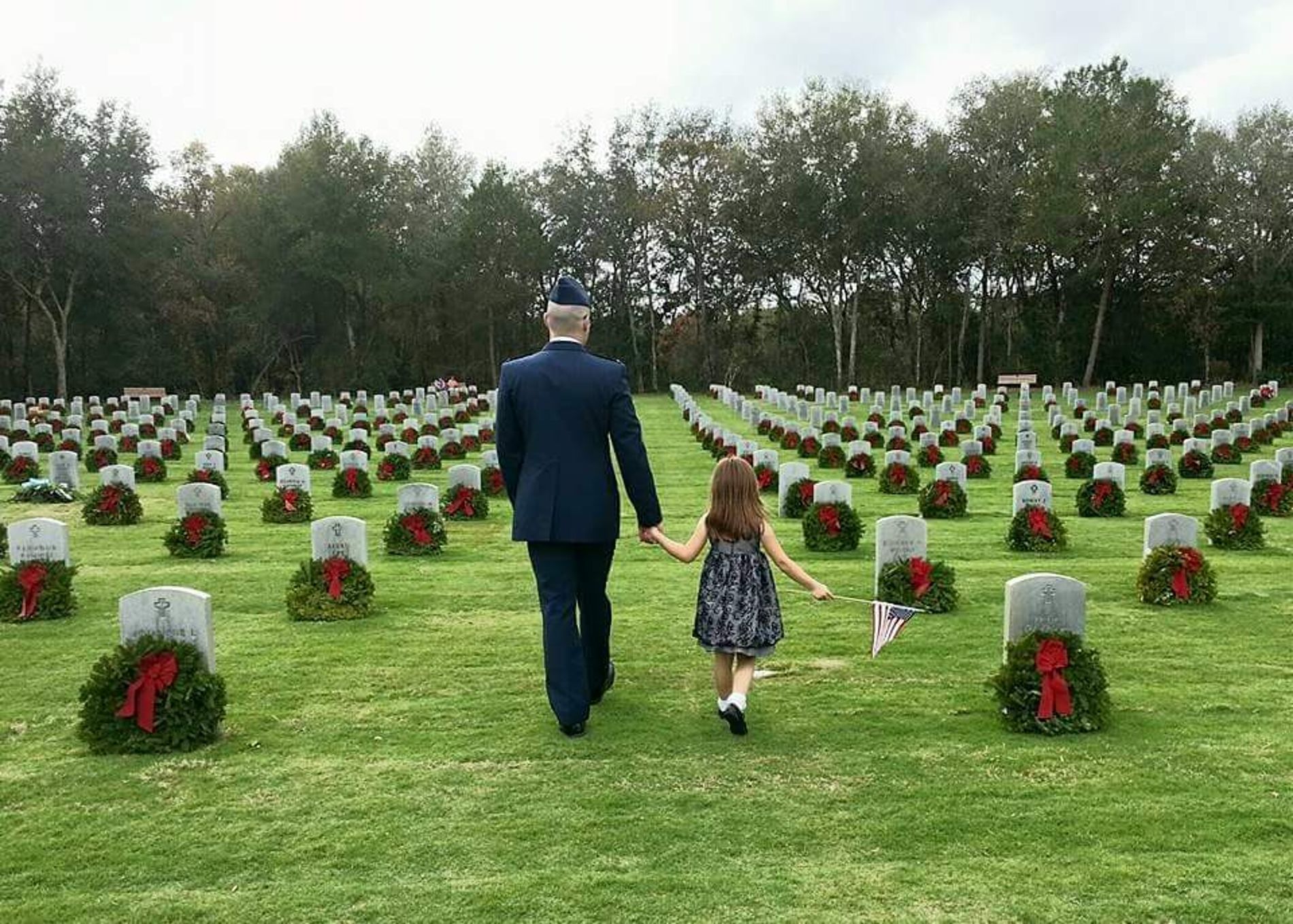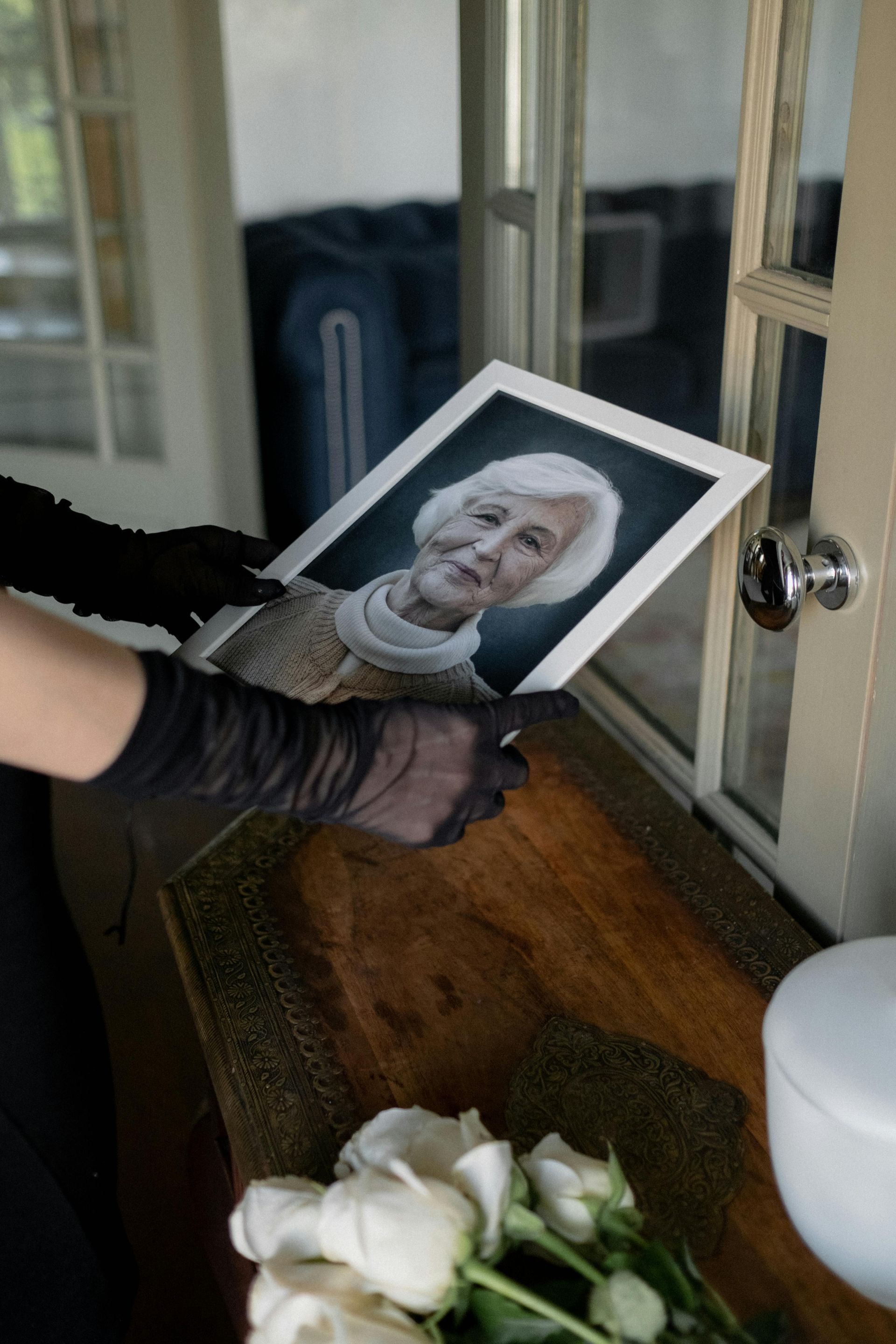A new cremation option is being considered for approval to give Rhode Island families more choices
Now, there might be a new option for the eco-conscious
Figuring out the details of how you would like your body to be honored at the end of your life is hardly anyone’s favorite subject to talk about, but it certainly is an essential one.
Soon, there might be another option on the table here in Rhode Island: water cremation, otherwise known as alkaline hydrolysis or aquamation. The process came about in the latter half of the 1800s when a farmer discovered another way to handle his deceased farm animals into a fertilizer that made plants grow incredibly well.
In the 2000’s medical institutes started to use the process for medical training cadavers, but it wasn’t until 2010 that a funeral home in Ohio offered aquamation as a service for human remains. It came into the global spotlight when Archbishop Desmond Tutu --an avid proponent of clean energy and protecting of the environment--opted for aquamation upon his death in 2022. Now, 28 states have legalized it, and Rhode Island could be on that list as well in the not-so-distant future.
Rhode Island Representative Michelle McGaw who represents District 71, which encompasses Northern Portsmouth, Southern Tiverton, and all of Little Compton, sponsored legislation that passed in the Rhode Island House of Representatives last year, which could make two new eco-friendly options available: human composting and alkaline hydrolysis legal by 2026.
Originally, McGaw only knew about human composting, a process that takes about 45 days for a body to break down into one cubic yard of soil. “I had been hearing about it and reading about it, and then I had a constituent who contacted me and said, ‘hey, you know, this is something I would like to do. How do we make it so that we can do this in Rhode Island?’” McGaw said. “And so, I put in a bill kind of just really to gauge and find out what kind of interest there might be.” She said, "I was very pleasantly surprised at the outpouring of support that came to me in the form of emails and phone calls and texts, people from across the state who said, ‘I really love this idea.’”
And then Kim Shute, Memorial Funeral Home’s director of community relations reached out to McGaw and told her about alkaline hydrolysis as another potential option for Rhode Island residents and asked if she would include it in the bill.
“We’ve been looking at what’s been happening and the changing needs and wants of our community and we wanted to be part of the solution.” Shute said. “It is better for our families to have another option.”
Both human composting and alkaline hydrolysis have significantly smaller carbon footprints than traditional fire cremation. Aquamation uses approximately 90% less energy than conventional flame cremation—a process that emits the amount of carbon equivalent to a 500-mile car ride.
“As we continue to see cremation become the more popular choice for our families, working to create options within that choice seems natural, just like picking one cemetery over another,” said Kurt Edenbach, funeral director and co-owner of Memorial Funeral Home. “As a lifelong island resident of Aquidneck Island, I feel a responsibility to take care of our environment, and this option provides us with the opportunity to do something that is less damaging to our air and surroundings.”
Alkaline hydrolysis has been used by vets for years, and the process for humans is not that different. The body is put into a stainless-steel chamber where an alkaline solution of water is mixed with potassium hydroxide. The chamber is then sealed and both heat and pressure are applied. This breaks down the body’s tissues until only the bones remain, which are subsequently broken down and returned to loved ones just as they are when a traditional cremation is used. The whole process takes between 4 and 16 hours, depending on temperature and pressure.
Seth Viddal is the founder of The Natural Funeral, a funeral home that serves the Lafayette and Loveland areas of Colorado. He said that they started offering alkaline hydrolysis in August of 2019. He explained that the water that flows over the body only goes up to about 195 degrees, essentially blanketing the body in a warm bath.
“Our system is about a three and a half to four-hour process that accomplishes the dissolution of a human body in that time, and then it's followed by a drying process for the bone fragments,” he said.
According to Viddal, the whole process uses a total of 24 gallons: 12 gallons for the actual process and another 12 that is used to rinse the system that is then cycled back as runoff.
Viddal said he got in the funeral service after the deaths of his parents and a younger brother. “They all died in in a real short period of time, and I found myself kind getting sort of run through the grinder of casket selection and embalming and all of these choices that really didn't match the values of my family,” he said. Colorado had already passed a law in 2011 that permitted alkaline hydrolysis, “just nobody was doing it.” Said Viddal
So, he started a funeral home that offers everything from funeral pyres to human composting and water cremation.
“People would say, ‘well, my person was an activist and they put solar panels on their house and they drove a hybrid car and they rainscaped their yard, and they composted their kitchen scraps. And the last thing that I want to do is fill them with chemicals.’” He explained. So that is why he began offering these more environmentally friendly types of services.
Viddal said that that alkaline hydrolysis or water cremation is quite popular. “I think we're approaching our 500th water cremation,” he said.
In the hopes that that this will soon be an option for communities in Rhode Island, Memorial Funeral Home is looking to experts in this area like Viddal to see how this service can be implemented here on Aquidneck Island. Like McGaw said, “I can’t imagine doing anything more respectful than doing what your loved one wants.”
We could not agree more.
